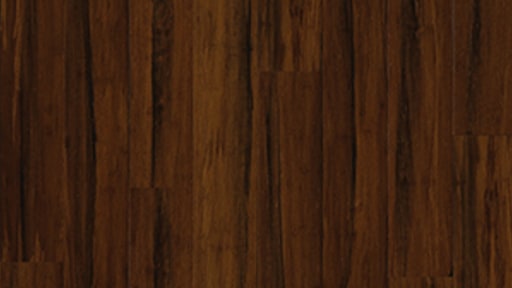5 Benefits of Bamboo Flooring
Posted by Lesley F. on 14th Jun 2023

Since first hitting the market in the early 1990s, bamboo flooring has rapidly grown in popularity. For those unfamiliar with the material, however, the choice of bamboo over traditional hardwood may not seem obvious. In fact, bamboo flooring offers many of the advantages of hardwood while avoiding some of the drawbacks of this classic flooring material. Here are the top five benefits of bamboo flooring that justify its consideration as you select your new floors.
Durability

Bamboo floors from a quality manufacturer easily match the long-term durability offered by traditional hardwood. If resilience to scratches and wear is a particular concern of yours, opt for either natural and un-carbonized bamboo (which can equal red oak in strength) or even harder strand woven bamboo flooring. Keep in mind that--as with hardwood flooring--bamboo flooring can be refinished, extending the lifespan of this flooring material even further.
Price
With price commonly between $2 and $8 per square foot, bamboo flooring is as affordable as many hardwood options. Professional installation can add additional cost on par with the costs associated with hardwood flooring installation, but dedicated do-it-yourselfers can save by performing the installation themselves.
Ease of Installation and Maintenance
Most bamboo flooring can be installed by nailing or gluing it to the subfloor, a relatively easy project for experienced DIYers; laminated bamboo flooring is even simpler to install. Maintenance is equally easy. Sweeping and vacuuming can be used to keep your bamboo floors clean on a day-to-day basis; when deeper cleaning is needed, bamboo floors that are properly finished can be cleaned easily and safely using a mild soap and a mop.
Style

Bamboo flooring's distinctive appearance has helped to catapult it to the forefront of modern flooring trends. As a natural material, it provides rooms with a feeling similar to that of hardwood while imparting an elegance all its own. One thing to keep in mind: bamboo flooring has a particularly clean and modern look, making it more well-suited for homes with a contemporary design than those that are more classically and traditionally styled.
Eco Friendliness
One of the major drawbacks of traditional hardwood is that it isn't a particularly eco friendly flooring choice. Because hardwood trees can take decades to mature, harvesting them to make flooring can have a huge environmental impact. On the other hand, bamboo's much shorter growing time positions it as a highly renewable resource, and bamboo is known as a particularly efficient producer of oxygen in its early stages of growth. Taken together, these characteristics place bamboo flooring among the most eco friendly building materials.
Conclusion
Of course, like all flooring materials, bamboo is not without its disadvantages. Natural bamboo is limited in available shades; darker bamboo flooring can be achieved through heat treatment, but this process is known to weaken the bamboo and lower the flooring's durability. Bamboo also absorbs water very easily, and fluctuations in humidity can cause expansions and contractions that lead to cracks. However, for many homeowners, bamboo offers a unique look combined with practicality that makes it an excellent alternative to traditional hardwood.
About The Author
Lesley F. graduated from Brown University and her professional experience includes researching, assessing and aggregating real estate market statistics, such as vacancy rates, market rents, absorption, and inventory; authoring marketing materials, including pitch books, offering memoranda, and marketing reports.
The articles and other content contained on this website/blog are provided for informational purposes only and should not be relied upon for any purposes. While it is our goal to provide you with up-to-date, relevant and useful information on a wide range of topics, we make no representations or warranties of any kind, whether express or implied, concerning the reliability, suitability, completeness or accuracy of any of the information made available on this site. The articles and information contained on this site are not intended to provide legal, accounting or other professional or business advice and should not be treated as a substitute for the advice of a professional with knowledge of the facts and circumstances of your specific situation. By accessing this site, you agree that you will not seek to hold E.C. Barton & Company or any of its affiliates liable for any losses or unanticipated costs or assert any other claim based on your use of this site or on the reliance on the content contained herein.


